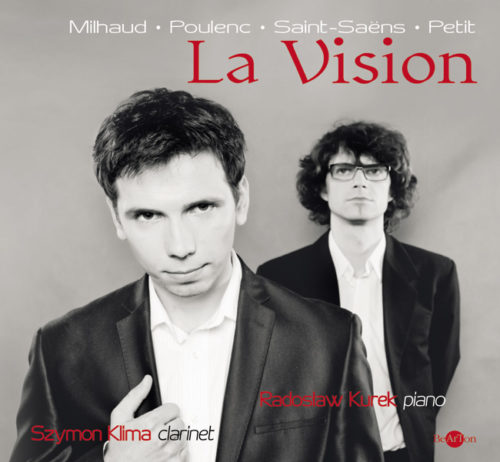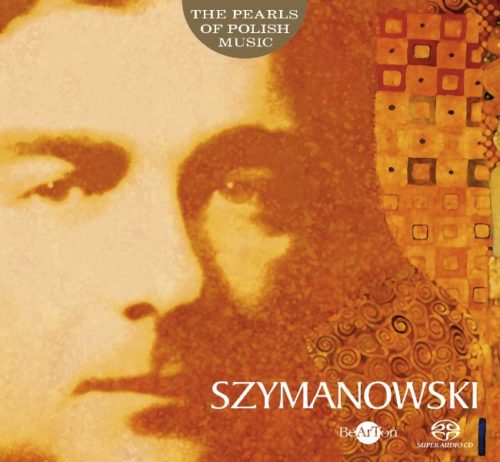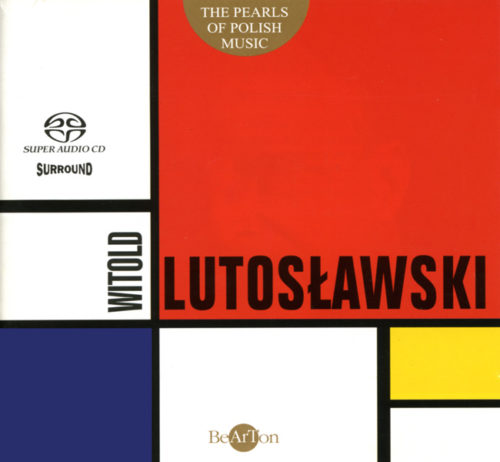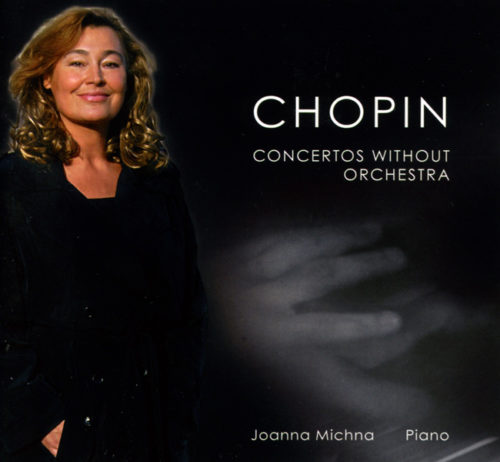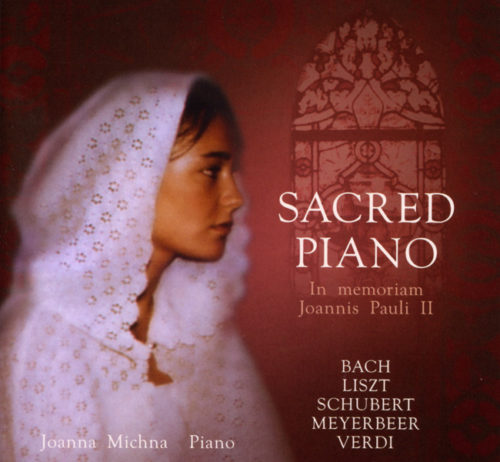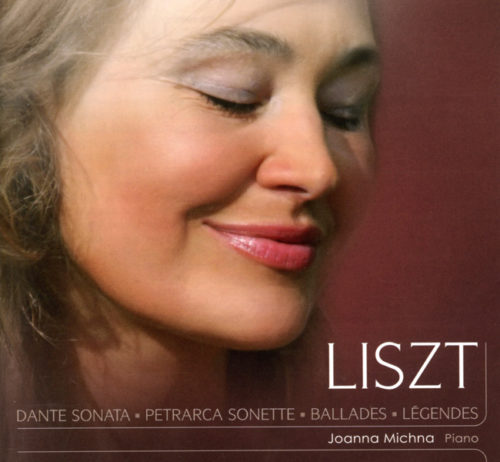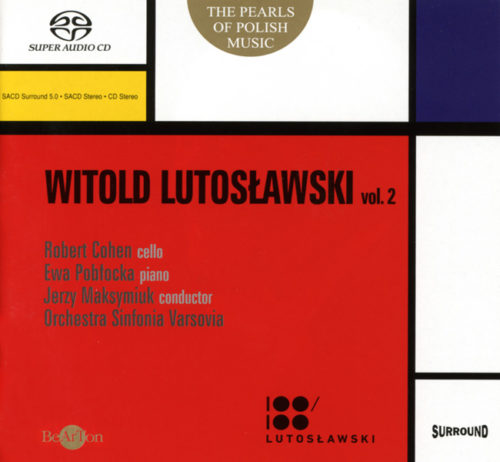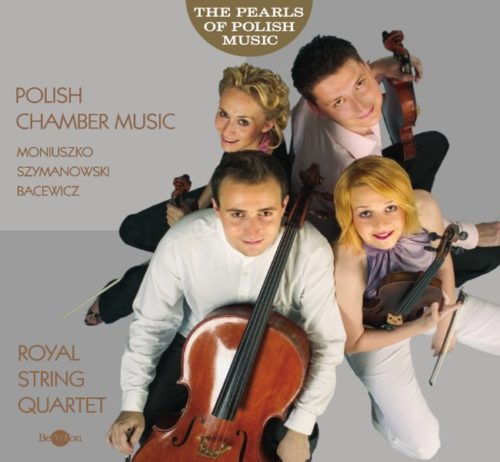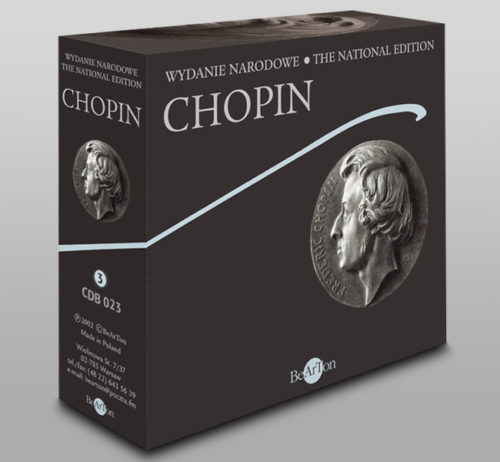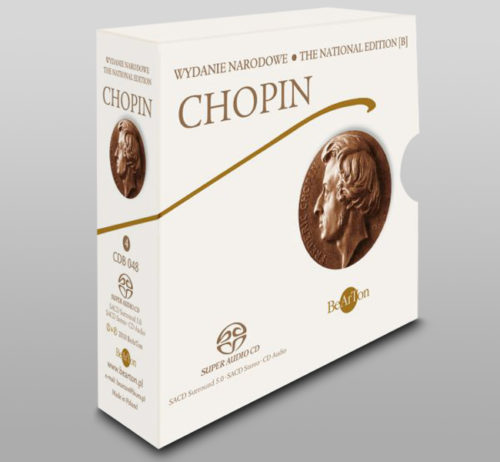[ in 70 AD], Jewish exodus began. Jewish nation began their several centuries long peregrination to seek shelter, peace, roof above their heads, and first of all tolerance and freedom of religion. They wandered through lands of Asia Minor and Northern Africa, Roman Empire, Turkey and the lands of subsequent Europe ,such as : Spain , Portugal, France, Germany till Russia and Poland. There separated two nationalistic groups from Diaspora, namely: Sephardim and Ashkenazim. Sephardim Jews – settled in Spain, Portugal, Italy, France and in the North Africa – established peculiar intellectual aristocracy: they were polyglots (apart from Hebrew, Aramaic and Arabic, They spoke European languages), they were also famous of their philosophers ,as well as of numerous scholars and writers using New Hebrew.
Most of European Jews are of Ashkenazic origin. They came from Central East Europe , and most of all from Germany .Although having been expelled from the medieval Germany , They retained one of German dialects. With addition of Hebrew, Roman and Slavic languages, it became the basis of subsequent Jewish language – Yiddish. Till the outbreak of the II World War Yiddish had been spoken by over 10 millions Jews.
This short historical review depicts conditions in which separate character of Jewish culture has been created. It is characterised by peculiar duality of fields of different value. These are, on the one hand, stable ,if not hermetic, values that has been cultivated because of necessity of saving continuously threatened national identity. On the other hand, there is variety of values adopted during the centuries long peregrination. What is characteristic, those values were very often accepted as own and native . It was those values that composer and Chopin`s teacher Joseph Elsner thought of ,when writing in 1805 : Jewish musicians performance of Poilonaise is so strictly Polish, that no one can compare with them . Also due to this feeling of Polish spirit, Adam Mickiewicz – fascinated with the way of his playing – immortalised Jewish dulcimer player Jankiel Lieberman in his national epos Pan Tadeusz.
Song recorded on this album come from the Ashkenazic culture. They were chosen from the German collection Jiddishe Volkslieder published in Berlin ,1978. They are performed in original Yiddish language in order to preserve their charming authenticity. It is difficult to establish the place and time of their origin . Since the exposed presence of both textual ,linquistic and musical Russian elements, they probably originated somewhere in the Polish border-land. It could surely be Galician Anatevka from the unforgettable American movie Fiddler on the Roof. This little town together with its main character Tevie the Milkman symbolises peculiar lkind of Jewish musical means of expression,, customs, and philosophy…..
…However, most of all, the songs stand for impressive musical materials. This is their peculiar expression together with sublime interpretation by małgorzata Armanowska and Anna Faber that resulted in realisation of this album.
Marek Wieroński


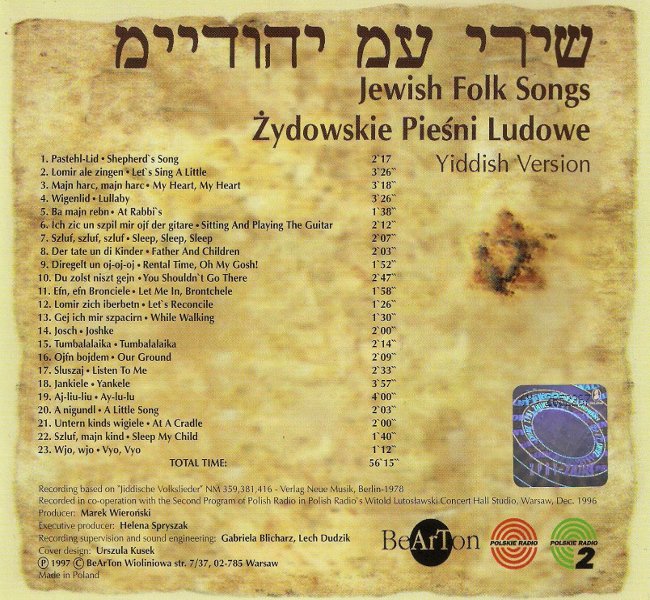
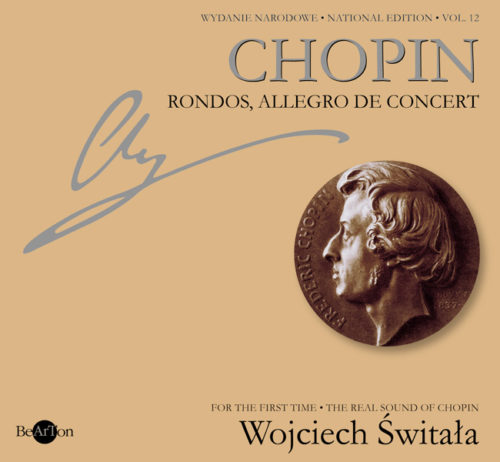





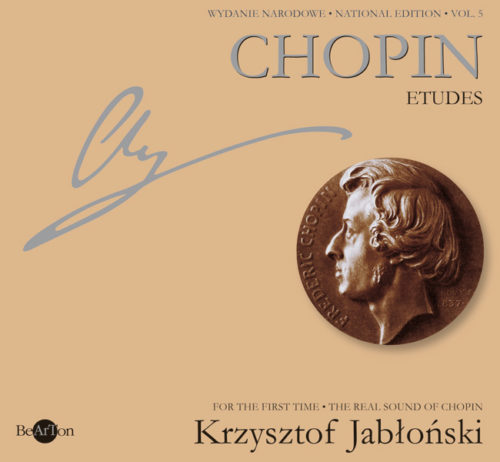
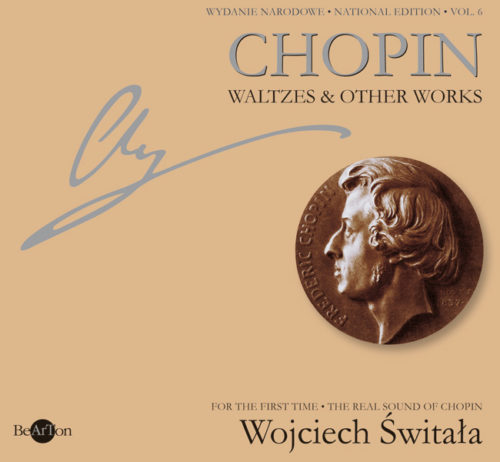




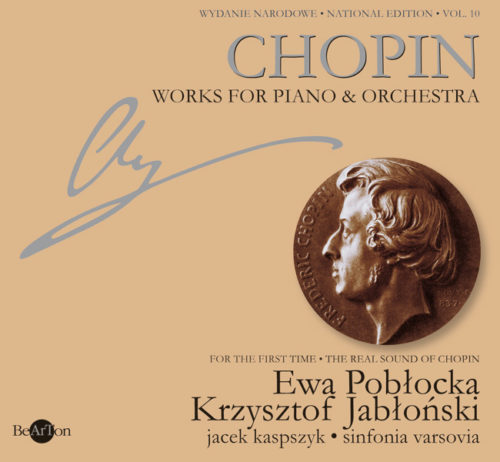

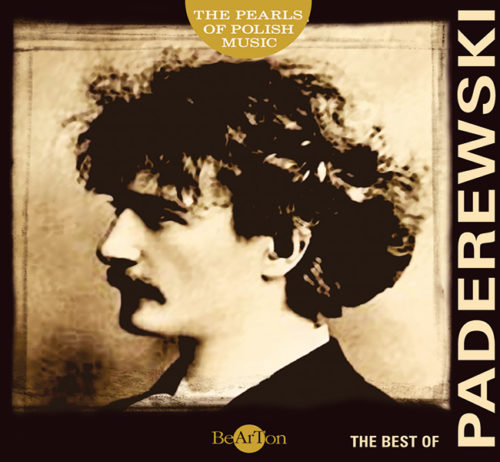


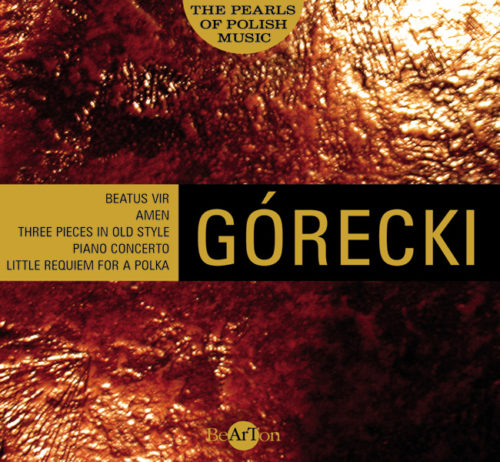

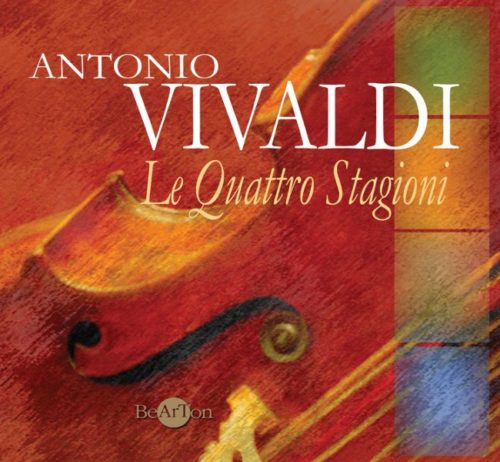
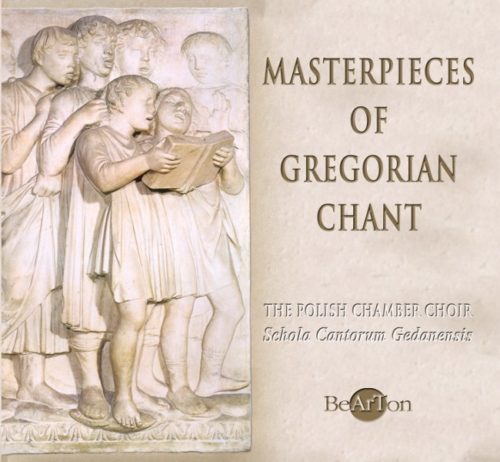
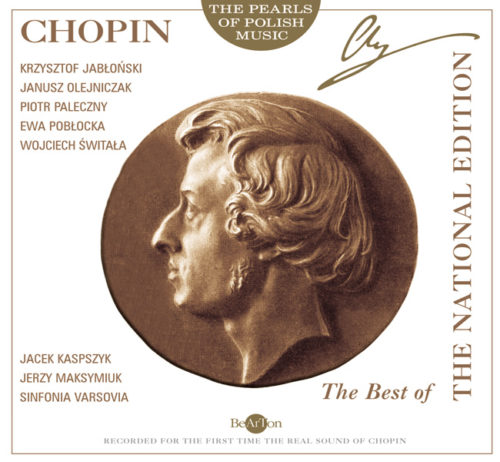
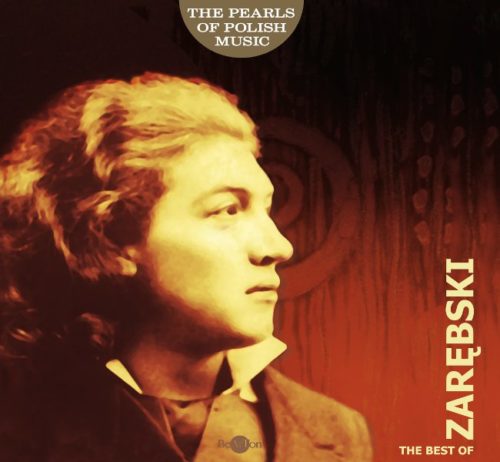
![Chopin - Mazurki i inne utwory [B] CDB038](https://www.bearton.pl/wp-content/uploads/Chopin-Mazurki-i-inne-utwory-B-CDB038-A-500x462.jpg)
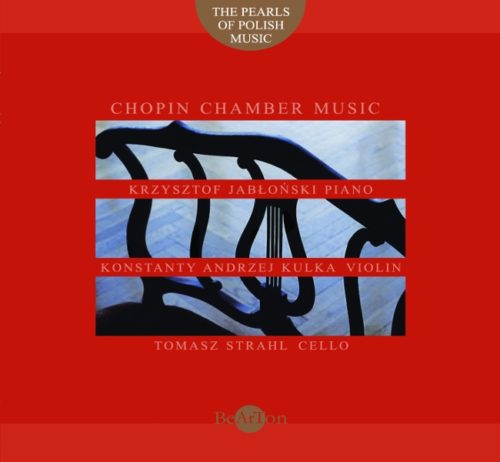
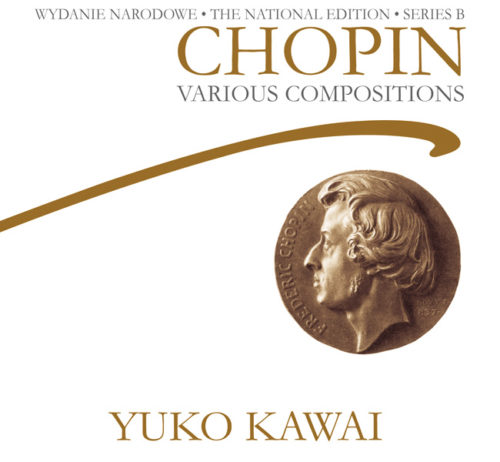

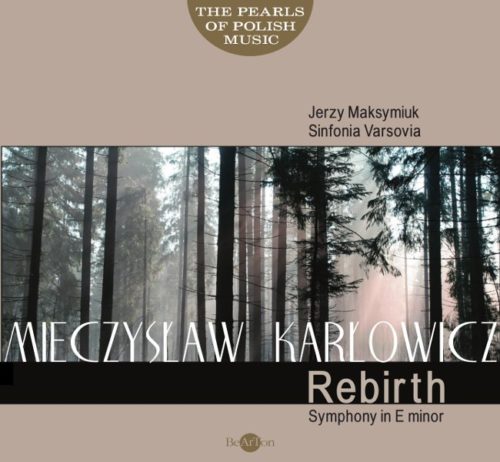
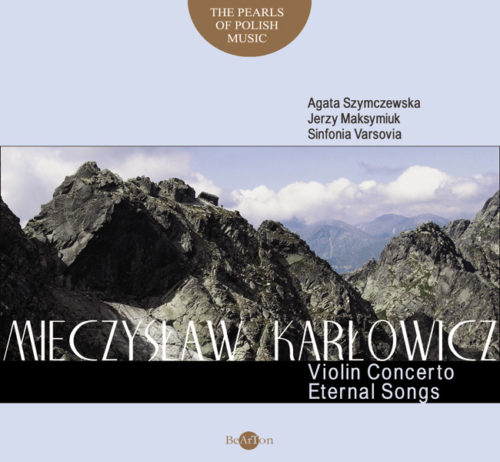


![Chopin – Pieśni [B] CDB046](https://www.bearton.pl/wp-content/uploads/Chopin-Piesni-CDB046-A-500x462.jpg)
![Chopin – Walce [B] i inne utwory CDB047](https://www.bearton.pl/wp-content/uploads/Chopin-Walce-B-i-inne-utwory-CDB047-A-500x462.jpg)


